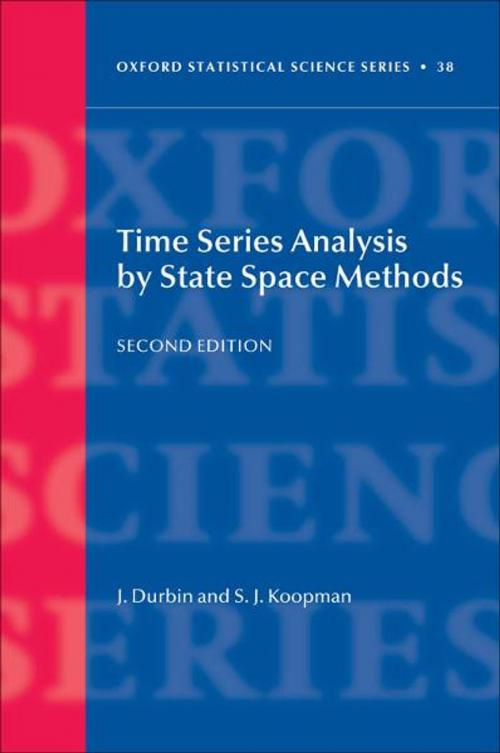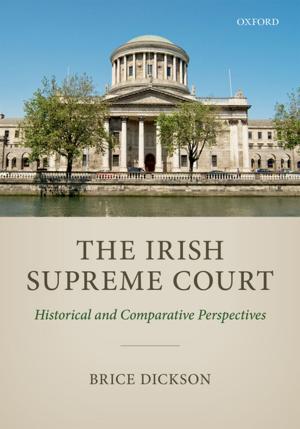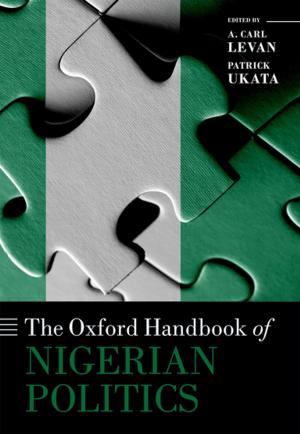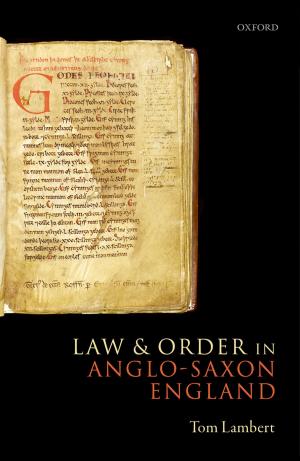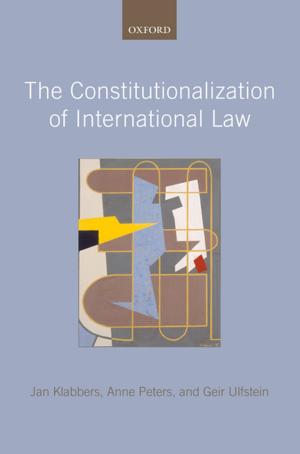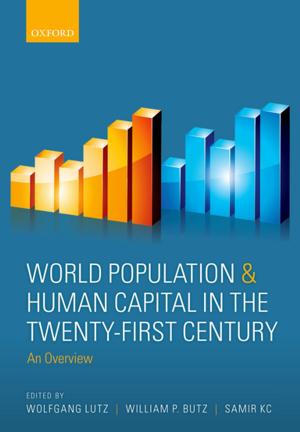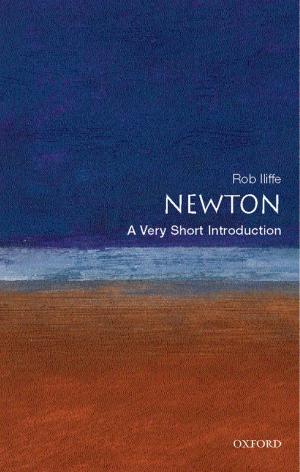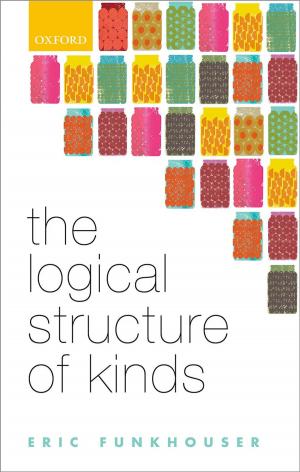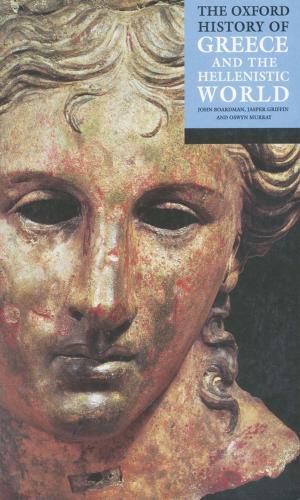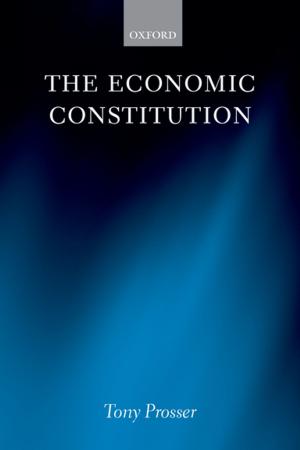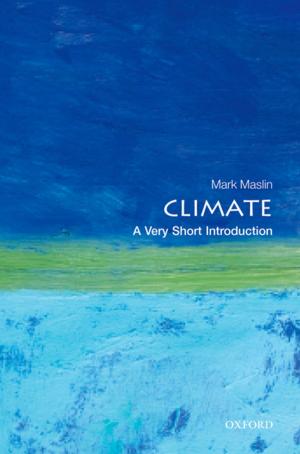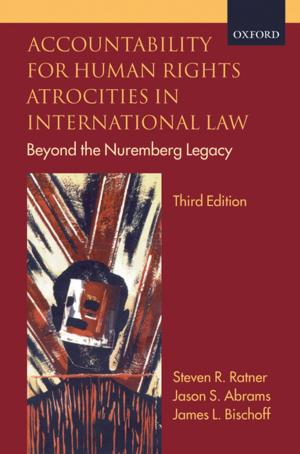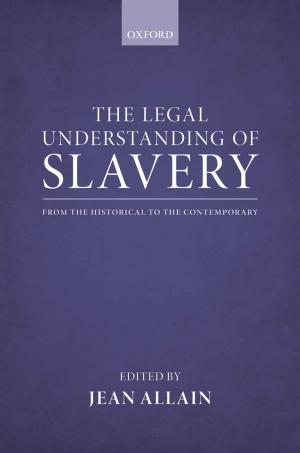Time Series Analysis by State Space Methods
Business & Finance, Economics, Statistics, Nonfiction, Science & Nature, Mathematics| Author: | Siem Jan Koopman, The late James Durbin | ISBN: | 9780191627194 |
| Publisher: | OUP Oxford | Publication: | May 3, 2012 |
| Imprint: | OUP Oxford | Language: | English |
| Author: | Siem Jan Koopman, The late James Durbin |
| ISBN: | 9780191627194 |
| Publisher: | OUP Oxford |
| Publication: | May 3, 2012 |
| Imprint: | OUP Oxford |
| Language: | English |
This new edition updates Durbin & Koopman's important text on the state space approach to time series analysis. The distinguishing feature of state space time series models is that observations are regarded as made up of distinct components such as trend, seasonal, regression elements and disturbance terms, each of which is modelled separately. The techniques that emerge from this approach are very flexible and are capable of handling a much wider range of problems than the main analytical system currently in use for time series analysis, the Box-Jenkins ARIMA system. Additions to this second edition include the filtering of nonlinear and non-Gaussian series. Part I of the book obtains the mean and variance of the state, of a variable intended to measure the effect of an interaction and of regression coefficients, in terms of the observations. Part II extends the treatment to nonlinear and non-normal models. For these, analytical solutions are not available so methods are based on simulation.
This new edition updates Durbin & Koopman's important text on the state space approach to time series analysis. The distinguishing feature of state space time series models is that observations are regarded as made up of distinct components such as trend, seasonal, regression elements and disturbance terms, each of which is modelled separately. The techniques that emerge from this approach are very flexible and are capable of handling a much wider range of problems than the main analytical system currently in use for time series analysis, the Box-Jenkins ARIMA system. Additions to this second edition include the filtering of nonlinear and non-Gaussian series. Part I of the book obtains the mean and variance of the state, of a variable intended to measure the effect of an interaction and of regression coefficients, in terms of the observations. Part II extends the treatment to nonlinear and non-normal models. For these, analytical solutions are not available so methods are based on simulation.
